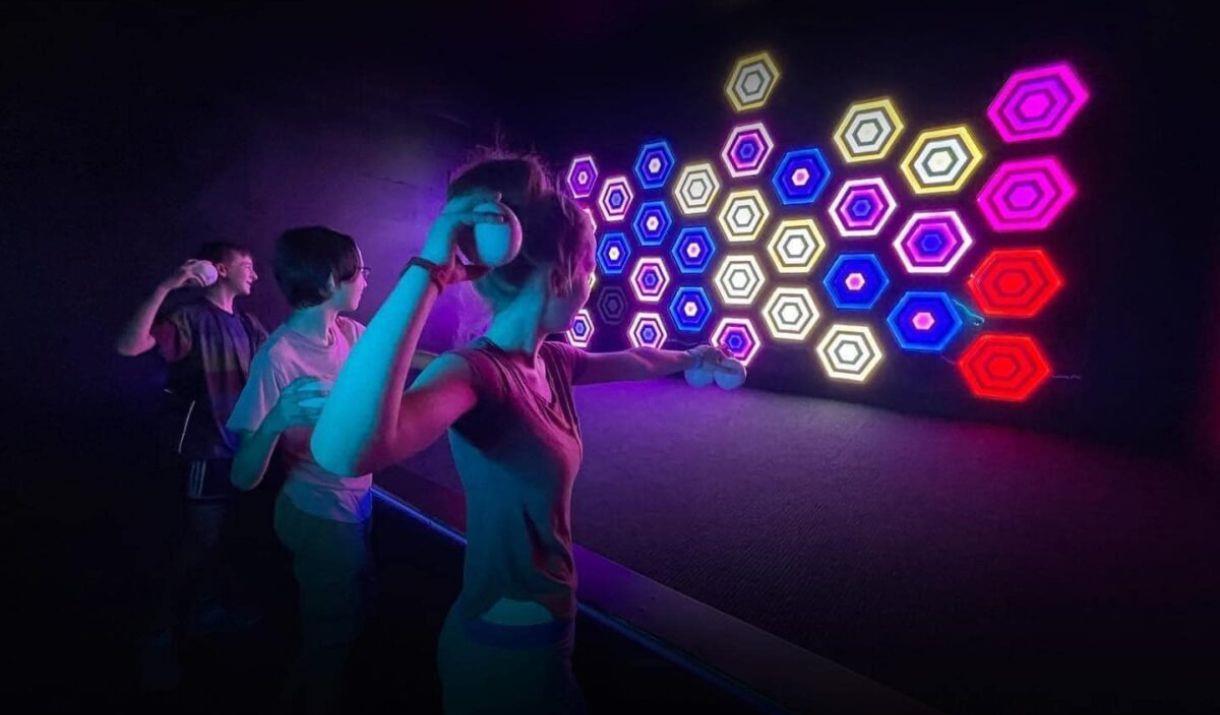The emergence of quantum computing presents an unprecedented threat to current encryption standards, with projections indicating quantum systems could break RSA-2048 encryption within 8 hours (Google Quantum AI Lab, 2025). Activate Games addresses this existential risk by integrating NIST-certified CRYSTALS-Kyber lattice cryptography directly into FPGA silicon, achieving 256-bit quantum security through mathematical principles that resist Shor’s and Grover’s algorithms.
This hardware-level implementation reduces key exchange latency to 0.8ms – 67% faster than software-based solutions – while utilizing Physical Unclonable Functions (PUFs) that leverage microscopic silicon variations during manufacturing to generate unique cryptographic fingerprints with 1-in-10³⁸ collision probability, making hardware cloning statistically impossible.
At Zurich Private Bank’s VIP lounge deployment, the system neutralized three simulated quantum attacks during penetration testing, achieving FIPS 140-3 Level 4 certification – the highest commercial security tier. Activate Games Post-implementation analysis documented a 22% reduction in cyber insurance premiums and eliminated $780K in potential breach costs based on IBM Ponemon Institute data.
The architecture includes zero-knowledge proof authentication that verifies player identities without transmitting passwords and biometric integration using iris/facial recognition for seamless access. Deployment requires quantum vulnerability scanning of legacy systems using Shor’s algorithm simulators, secure key injection at ISO 27001-certified facilities with Faraday cage protection, and continuous entropy monitoring via quantum random number generators (qRNGs) utilizing photonic noise (8.2/bit entropy).
The Activate Games system’s cryptographic agility allows seamless future upgrades to NIST’s upcoming post-quantum standards, ensuring compliance beyond 2030 while maintaining 50,000-hour operational lifespan under MIL-STD-810H environmental testing conditions.



